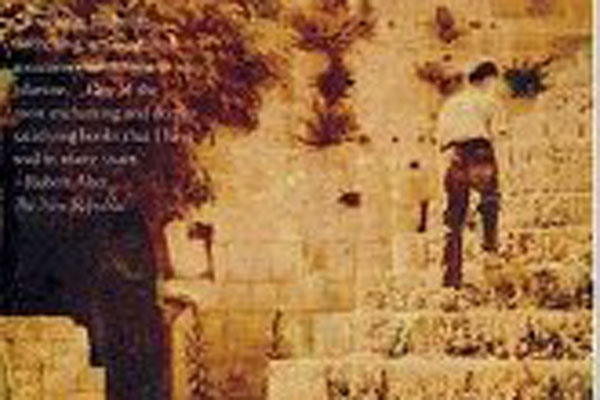A Tale of Love and Darkness by Amos Oz is beautifully written, imbued with the ineffable magic of a well-told story. Although it is a memoir of Oz’s early life, the rich vibrancy of the descriptions contained within Oz’s tome, coupled with the fluidity of his prose, is reminiscent of a novel. This impression is reinforced by the startling vividness of Oz’s character sketches. His eye for detail is nonpareil: one can imagine his Uncle Joseph, with “babylike cheeks” and a penchant for pontification; his matronly grandmother, formidable, fussy, and fastidious; or the Jerusalem of his youth, a provincial city pulsating with life.
Oz thoughtfully traces his family heritage, telling the stories of his parents’ and grandparents’ lives and recreating fin-de-siècle Europe in the reader’s mind. By juxtaposing his family’s European experience with their lives in Israel, Oz shows the ways that Israelis and Israeli culture exist on the uneasy border of the old and the new, even today.
Oz also tells his own personal story. He reflects upon imagination and the craft of writing and paints a moving portrait of himself coming to terms with accidentally crippling a young boy and with his mother’s suicide. Oz’s growing pains, unbearable loss and recovery – the broad trajectory of his life – is symbolic of the state of Israel itself. Once young, but now maturing, it too is beginning to look back at its early years, and youthful brashness is yielding to contemplation and reflection.
Oz’s memoir is a worthy remembrance of the days when Israel was young, giving insight into Israeli history and culture, the Israeli-Palestinian conflict and the human condition. Although “A Tale of Love and Darkness” is extraordinarily rich and offers an abundance of information and insight into life, one needn’t be excessively serious or philosophical to read it. I would recommend this book to anyone looking for a good, fun read.















